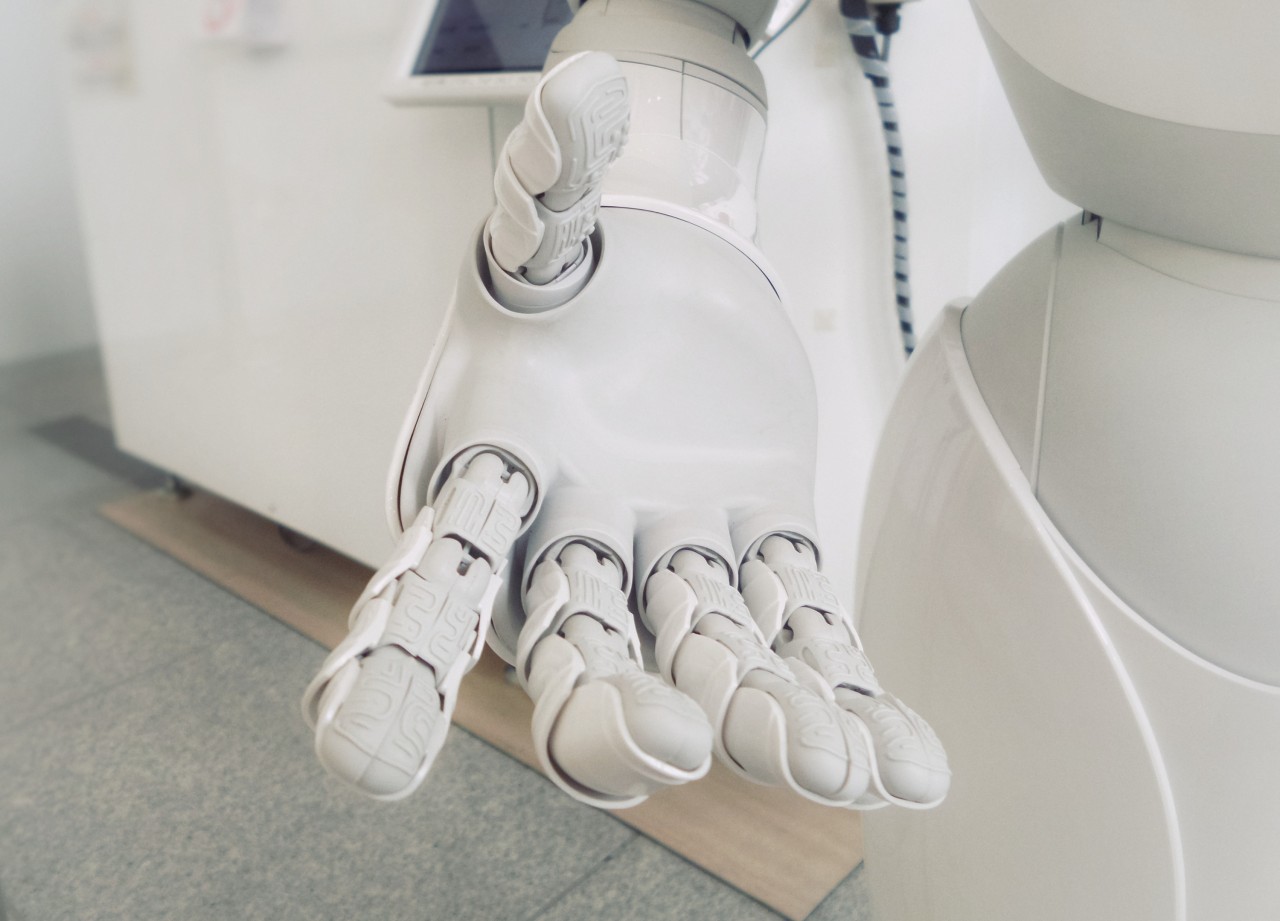
AI (artificial intelligence) is growing in importance in advertising, and marketers need to learn how best to use it. Julia Wold, director of operations at Coegi, provides some tips on how to embrace AI.
AI has grown from a tech buzzword to a part of the common vernacular in only a few years. In fact, 45% of corporate AI adopters reported AI technologies helped them establish a significant lead over competitors.
Why?
Let’s take a look behind the curtain to understand the reasoning behind the rapid growth and adoption of AI and how it can transform digital marketing.
Statistical analysis, when leveraged by AI engines, can typically make smarter and faster decisions than the most expert data scientists. AI can connect the dots and identify patterns unrecognizable to the human eye by integrating various data sets to paint a holistic picture. Most AI advances in digital marketing leverage the economies of scale humans simply can’t provide, decreasing the volume of workload and human resources needed for marketing campaign optimizations. Especially in programmatic, where the sheer volume of auctions and decision making is automated, leveraging AI is mandatory.
AI takes data analysis to the next level by not just analyzing historical data, but making predictive models about future performance and suggesting ways to prepare for those anticipated events. This lets brands foster proactivity rather than reactivity to changes in the external environment. Data-driven decision making informed by AI is the key to staying one step ahead of the market.
Using AI to pre-optimize digital campaigns
Depending on brand goals and needs, AI technology can be applied to media planning, creative messaging and buying optimization, though the levers pulled for each of these use cases may vary. For media planning, AI lets us analyze a brand’s site visitation patterns and social media following before a campaign launches, allowing marketers to activate ‘pre-optimized’ media campaigns for faster learnings. With creative messaging, algorithmic AI can determine which combination of imagery and copy will be most effective for different audience segments. For buying optimization, AI allows brands to place efficiently-priced bids for each ad placement in the open market, and ensures they are served to the most highly qualified users and in brand-safe environments.
Leveraging AI in the cookieless future
Without cookies, AI will become even more important to recognize patterns and audience trends, connecting the dots between individual consumers and their cross-channel online behavior. AI engines can stretch first-party data by activating it across channels and building lookalike audiences based on your best customers. In a post-cookie world, AI will allow brands to remain agile and data-driven, even with smaller budgets. Brands should make it a priority to understand the implications and capabilities of AI in their business sector, and be prepared to use these opportunities to increase marketing efficacy.
Understanding the importance of human elements
An important caveat to remember is that algorithms fail to take in emotional data points and can even over-optimize campaigns. Humans need to know what conditions AI won’t understand in real-world contexts. Maintain a consistent feedback loop between machine learning (ML), digital KPIs and human intuition. This cycle will ensure your brand’s safety and maintain authenticity.
While it’s clear that AI can be a valuable component to any marketing campaign, having the skills to know when and how to deploy the technologies is even more valuable. A fully-automated campaign will not provide the same learning opportunities as one that is overseen with a human touch.
As AI becomes more heavily integrated in digital marketing, the most comprehensive campaigns will be managed by skilled marketers who find the right balance between ML and manual efforts to test theories, garner insights and deliver results for their clients.
AI is an indispensable tool for savvy marketers. By blending existing consumer knowledge and campaign data with ML, brands can identify, target and communicate with audiences that matter most. The power of AI to understand consumers allows marketers to create and deliver ads that feel truly authentic and are personalized to the individual – as long as there continues to be the element of human touch.
